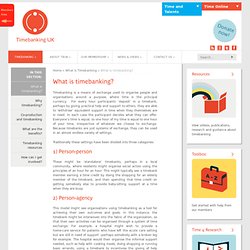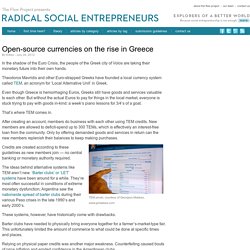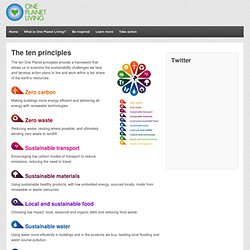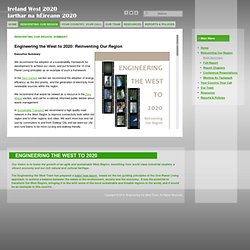

Enviro, Renewable Energy, Regulatory Compliance & Management, Planning and Environmental Management, Environmental Due Diligence & Risk Assessment, Waste Management Consultant, Environmental Research & Development, Climate Change, Publications & Journals, Www.merci.org.uk.
Crowdsourcing to create new laws. Currency Systems (Alternatives) What is Money? Money is an agreement The agreement may be voluntary or coerced, conscious or unconscious, and may fluctuate with time or remain fixed. within a community All kinds of communities--large and small; local, national, international, or virtual; cooperative or competitive--may create such an agreement. to use something as a medium of exchange. The money itself can be issued en masse by a central authority or created ad hoc by two consenting parties in a mutual credit system; it may store value or merely mark transactions; it may be backed or valued with something tangible or merely by the issuing authority; and it may take any shape--coins and bills, some chalk marks on a blackboard, or bits of data inside a computer. Design Characteristics of Representative Currency Systems. Timebanking UK. Timebanking is a means of exchange used to organise people and organisations around a purpose, where time is the principal currency.

For every hour participants ‘deposit’ in a timebank, perhaps by giving practical help and support to others, they are able to ‘withdraw’ equivalent support in time when they themselves are in need. In each case the participant decides what they can offer. Everyone’s time is equal, so one hour of my time is equal to one hour of your time, irrespective of whatever we choose to exchange.
Because timebanks are just systems of exchange, they can be used in an almost endless variety of settings. Traditionally these settings have been divided into three categories: These might be ‘standalone’ timebanks, perhaps in a local community, where residents might organise social action using the principles of an hour for an hour. This model might see organisations using timebanking as a tool for achieving their own outcomes and goals.
January 2014. Open-source currencies on the rise in Greece. In the shadow of the Euro Crisis, the people of the Greek city of Volos are taking their monetary future into their own hands.

Theodoros Mavridis and other Euro-strapped Greeks have founded a local currency system called TEM, an acronym for ‘Local Alternative Unit’ in Greek. Even though Greece is hemorrhaging Euros, Greeks still have goods and services valuable to each other. But without the actual Euros to pay for things in the local market, everyone is stuck trying to pay with goods in-kind: a week’s piano lessons for 3/4’s of a goat. That’s where TEM comes in. After creating an account, members do business with each other using TEM credits. TEM photo, courtesy of Georgios Makkas, www.gmakkas.com Credits are created according to these guidelines as new members join — no central banking or monetary authority required. The ideas behind alternative systems like TEM aren’t new. Economies without Money. ThredUP - swap a box of clothes. Income earning ideas. Workers Co-ops. Setup a workers coop. Food Farming/Growing. Project Funding.
The ten principles. The ten One Planet principles provide a framework that allows us to examine the sustainability challenges we face and develop action plans to live and work within a fair share of the earth’s resources.

Zero carbon Making buildings more energy efficient and delivering all energy with renewable technologies. Zero waste Reducing waste, reusing where possible, and ultimately sending zero waste to landfill. Sustainable transport Encouraging low carbon modes of transport to reduce emissions, reducing the need to travel. Sustainable materials Using sustainable healthy products, with low embodied energy, sourced locally, made from renewable or waste resources. Local and sustainable food Choosing low impact, local, seasonal and organic diets and reducing food waste. Sustainable water Using water more efficiently in buildings and in the products we buy; tackling local flooding and water course pollution. Land use and wildlife Culture and community. Reinventing Our Region: Summary. Executive Summary We recommend the adoption of a sustainability framework for development to achieve our vision, and put forward the 10 One Planet Living principles as an example of such a framework.

"Ní neart go cur le chéile! " Economics Subgroup Transition Galway.